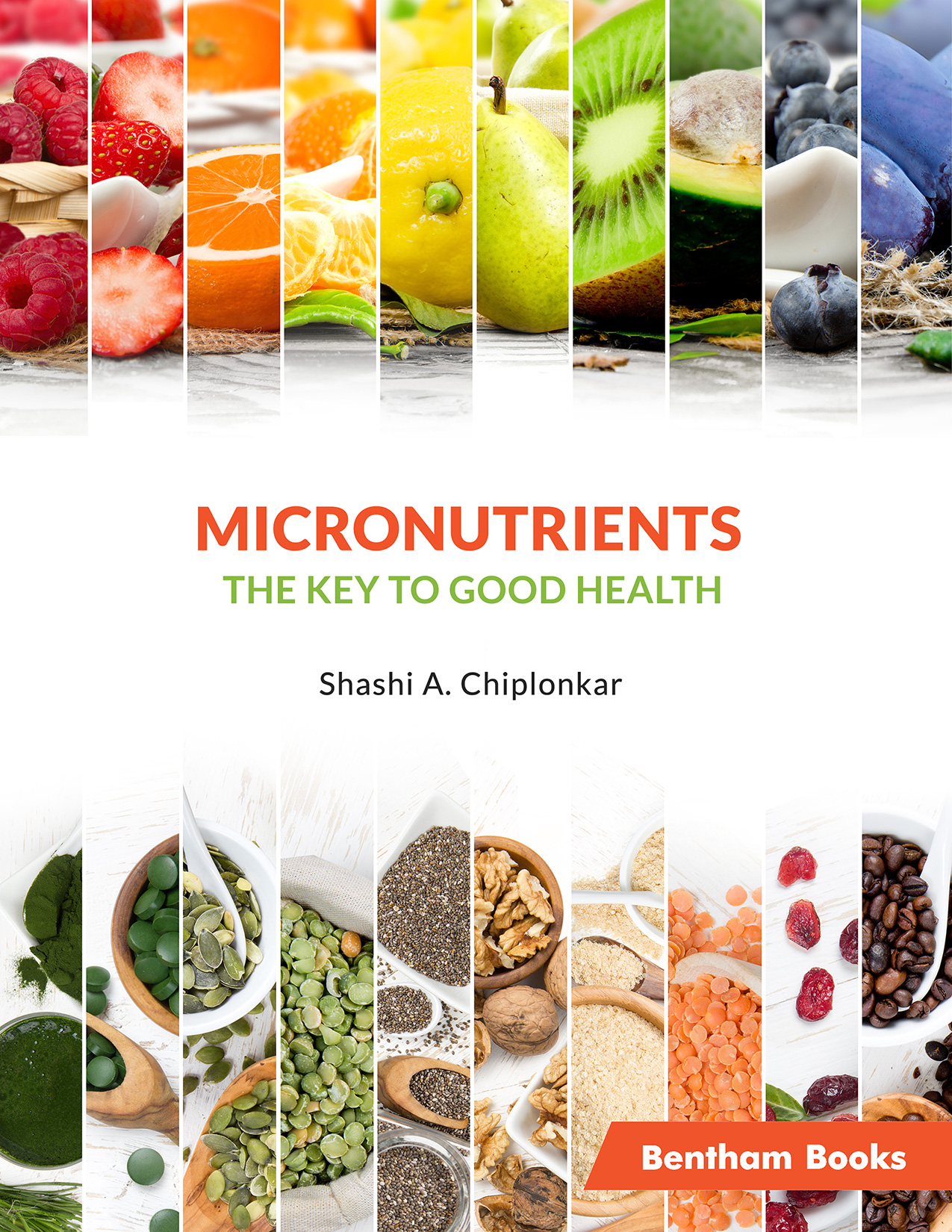Introduction
Micronutrients, which comprise minerals and vitamins, are essential for a variety of biological processes such as growth, immune response, regulation of gene expression and cognitive functions. Micronutrients: The Key to Good Health presents key information about the causes, signs and symptoms of micronutrient deficiencies along with remedial dietary measures. The book also provides authentic knowledge of the nature, structure and metabolic functions of vitamins and essential minerals in a reader-friendly manner. The aim of the book is to provide comprehensive knowledge about micronutrients and their role in a balanced diet for maintaining personal health.
Key features:
- Covers the basics of nutrition and the importance of micronutrients in health over 5 reader-friendly chapters
- Covers metabolic functions of micronutrients
- Covers the development of micronutrient rich food products
- Includes information about micronutrient deficiencies with remedial dietary measures in terms of ready-to-eat food supplements in a precise manner
- Includes information about phytochemical nutrients, prebiotics and probiotics
- Informs the reader about myths on micronutrients
- Includes several informative illustrations, tables and appendices on daily nutrient requirements, diet assessment and composition and much more
This book serves as a ready reference for the health science students, public health workers, nutrition professionals, and health-conscious readers.
Audience: health science students, public health workers, nutrition professionals, and health-conscious readers.

